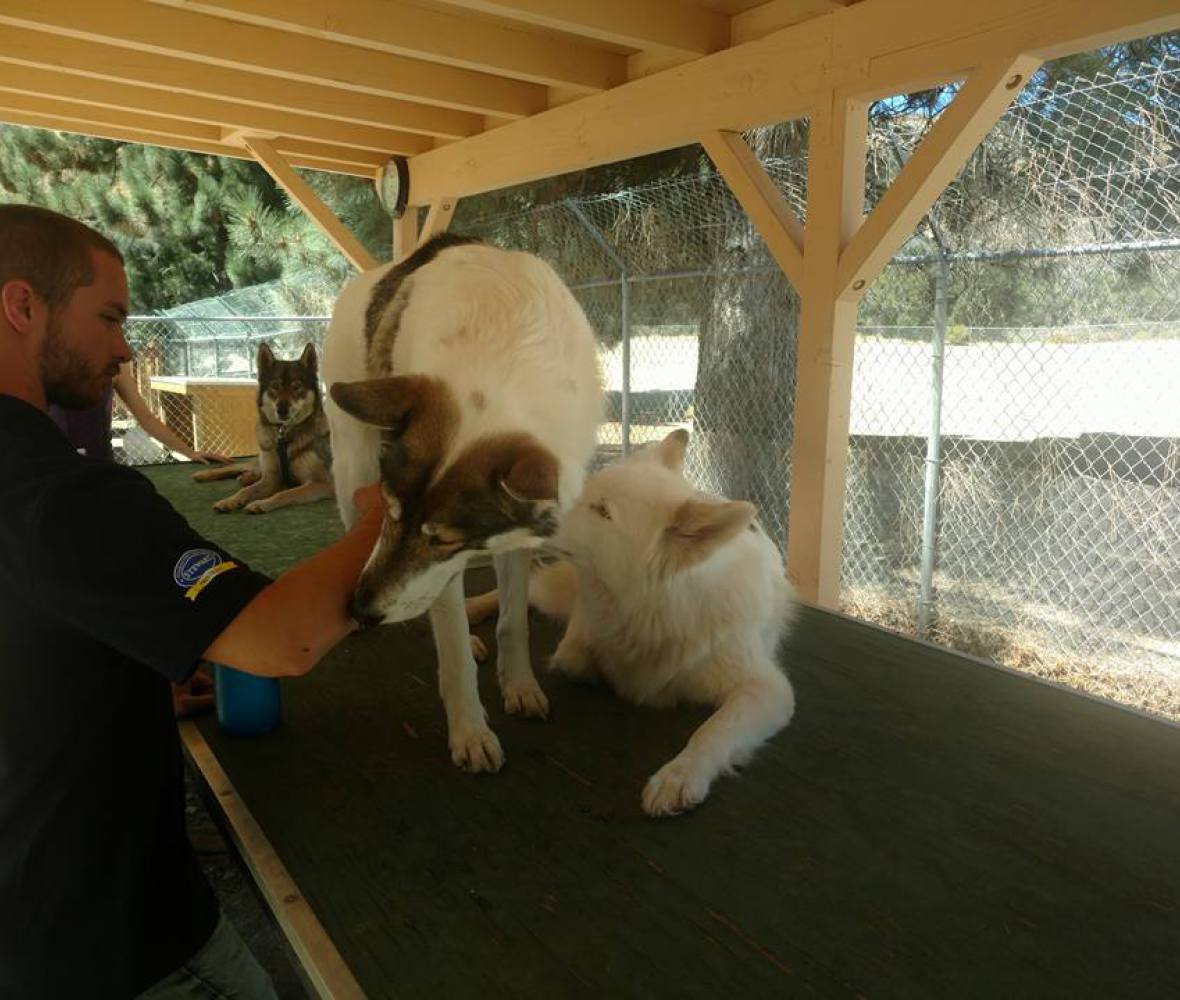

ROME
The legend of Romulus and Remus
Romulus and Remus are recorded in Roman mythology as the founders of the city of Rome. Legend has that the twins were born the sons of a mortal priestess, Rhea Silvia, and the Roman god of war, Mars. The boys were abandoned at birth and thrown into the Tiber river in a cradle.However, they were rescued by a she-wolf, taken to her cave lair, and suckled on her milk. After being found by the shepherd, Faustulus, and raised to adulthood, the twins decided to establish a city 753 B.C. where the wolf had nursed them. However, the pair argued about who had the support of the gods, and Romulus killed Remus in a fight on what became Palatine Hill.
Romulus, now king of Rome, then set about stealing women from the Sabine tribe to build the population of his new city. The act was immortalised as the "rape of the Sabine women". Roman scholars record that Romulus also created Rome's military system and senate, and conquered many areas of modern Italy for his city before death. He was deified as the god Quirinus, the devine spirit of the Rome and the Roman people. Augustus, the first Roman emperor, built his palace on Palatine Hill near the legendary site of the wolf mother's lair, known as the Lupercale. The wolf was the most significant symbol of Rome before the adoption of the eagle.
After this the Canis Lupus (Grey Wolf) is hunted down to the brink of extinction throughout Europe and central Asia. Do to the misunderstanding of wolves being evil and the increase in farm lands.
Dogs have always been seen in elevated roles and highly appointed positions throughout time. This may be expressed through the role of a companion, hunter or even protector. And mother Rome is no stranger to this by no means.
Romans were known to have many kinds of pets varying from cats to apes. Clearly, the dog was an important part of Roman society and culture. The Latin phase [Cave Canem
(Beware of Dog)] shows how much dogs were appreciated in Rome as guardians of the home just as they had been in earlier cultures and still to this day. Dogs are also mentioned in Roman law as
guardians of the home and flock.
In one court case which was recorded, a farmer brings a suit against his neighbor because the neighbor's dogs rescued the farmer's hogs from wolves and the neighbor then claimed ownership
of the hogs. The complaint, which was settled in favor of the farmer, reads:
Wolves carried away some hogs from my shepherds; the tenant of an adjoining farm, having pursued the wolves with strong and powerful dogs, which he kept for the protection of his flocks, took the
hogs away from the wolves, or the dogs compelled them to abandon them. When my shepherd claimed the hogs, the question arose whether they had become the property of him who recovered them or whether
they were still mine, for they had been obtained by a certain kind of hunting (Nagle, 246).
Varro claimed that no farm should be without two dogs and they should be kept indoors during the day and let free to roam at night in order to prevent just such a possibility as the one discussed
above. He also suggested that a white dog should be chosen over a black one so that one could distinguish between one's dog and a wolf in the darkness or the twilight of early
morning.
Cry havoc and let slip the dogs of war, Julius Caesar
Perhaps it is their pack nature or willingness to please their human counterparts that have made them so essential in battle, but since the dawn of warfare they have plunged headfirst into the fight.
The Romans were not the first, but may very well have used war dogs the most effectively. The Roman Army had whole companies composed entirely of dogs. They wore spiked collars around their neck and
ankles, made more dangerous by the large curved knives protruding from its ring. Sometimes they were starved before battle, then unleashed on an unsuspecting enemy. Their dog of choice was the great
Molossian dogs of Epirus, specifically trained for battle. These dogs, halved starved and ferocious, helped spread the Roman Empire across the ancient world. They dominated battles until they meet
their match in the Britain, where powerful Mastiffs called Pugnaces Britanniae had been born and breed.


